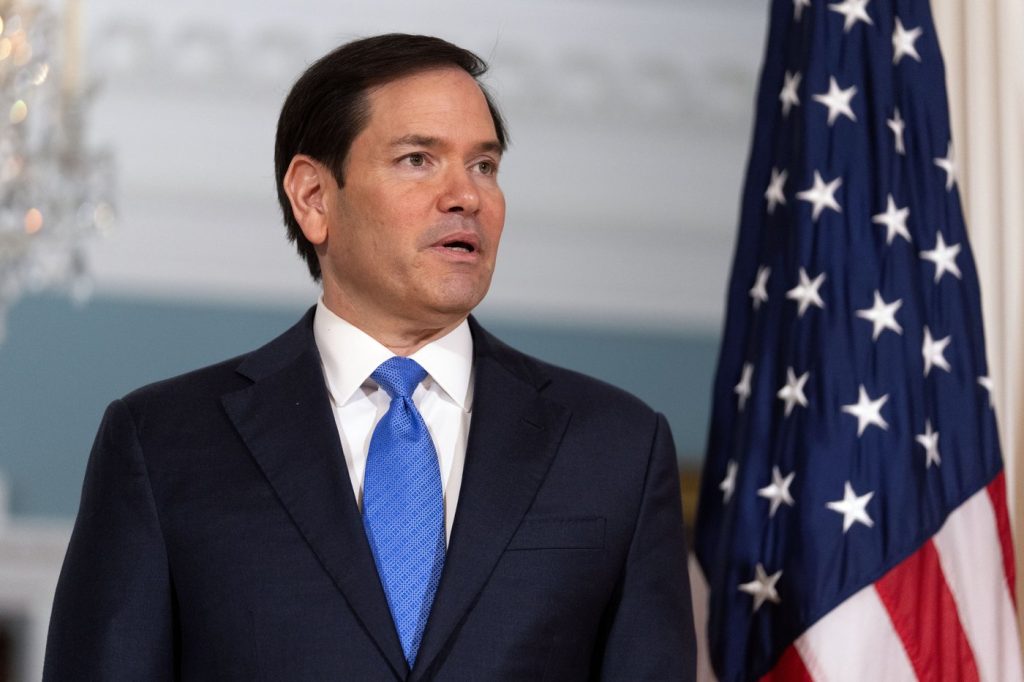In recent developments, the Trump administration has intensified its opposition to the International Criminal Court (ICC), which is based in The Hague, over investigations into alleged war crimes involving U.S. and Israeli officials. On Wednesday, the State Department announced the imposition of new sanctions on four ICC officials, specifically targeting two judges and two prosecutors accused of playing pivotal roles in the court's efforts to prosecute Americans and Israelis.
These sanctions freeze any assets the named individuals hold within U.S. jurisdictions. This action is part of an ongoing campaign against the ICC, which has been the subject of U.S. scrutiny and sanctions due to the court's pursuit of accountability regarding alleged war crimes. Prior to this announcement, numerous sanctions had already been placed against the ICC and its officials, including the previous chief prosecutor, Karim Khan, who temporarily stepped down earlier in May 2023 amidst allegations of sexual misconduct.
Secretary of State Marco Rubio confirmed the sanctions in a statement, specifying the individuals affected: judges Kimberly Proust from Canada and Nicolas Guillou from France, along with prosecutors Nazhat Shameem Khan from Fiji and Mame Mandiaye Niang from Senegal. Rubio asserted that these individuals are involved in efforts by the ICC to investigate or prosecute nationals of the United States or Israel without consent from either country. He emphasized that the administration would continue taking whatever actions are necessary to safeguard U.S. troops, national sovereignty, and allies from what he labeled as the ICC's "illegitimate and baseless actions."
The reasoning behind the sanctions includes Proust's decision to authorize an investigation into U.S. military personnel's actions in Afghanistan, which was eventually dropped, alongside Guillou's authorization of arrest warrants for Israeli Prime Minister Benjamin Netanyahu and former Minister of Defense Yoav Gallant pertaining to Israel's military operations against Hamas in Gaza.
Khan and Niang faced penalties for persistently continuing the investigations concerning Israel’s military actions in Gaza, including upholding the arrest warrants for Netanyahu and Gallant. This recent wave of sanctions is consistent with the history of the Trump administration's stance on the ICC, having enacted similar measures during its first term.
In stark contrast, the Biden administration initially rescinded the sanctions imposed by Trump in early 2021. The current actions signify a geopolitical maneuver, reflecting ongoing tensions between the United States and the ICC, particularly regarding issues of military accountability and international law. The U.S. is a non-member of the ICC and has expressed hesitance over ceding legal authority to an international body that it perceives as potentially undermining national sovereignty.
As the Biden administration continues to navigate its foreign policy approach, the renewed sanctions draw attention to the complex dynamics at play between the ICC, the United States, and its allies in the context of war crimes investigations. This ongoing conflict underscores the differing philosophies regarding international justice and accountability, particularly in relation to U.S. and Israeli military actions.











